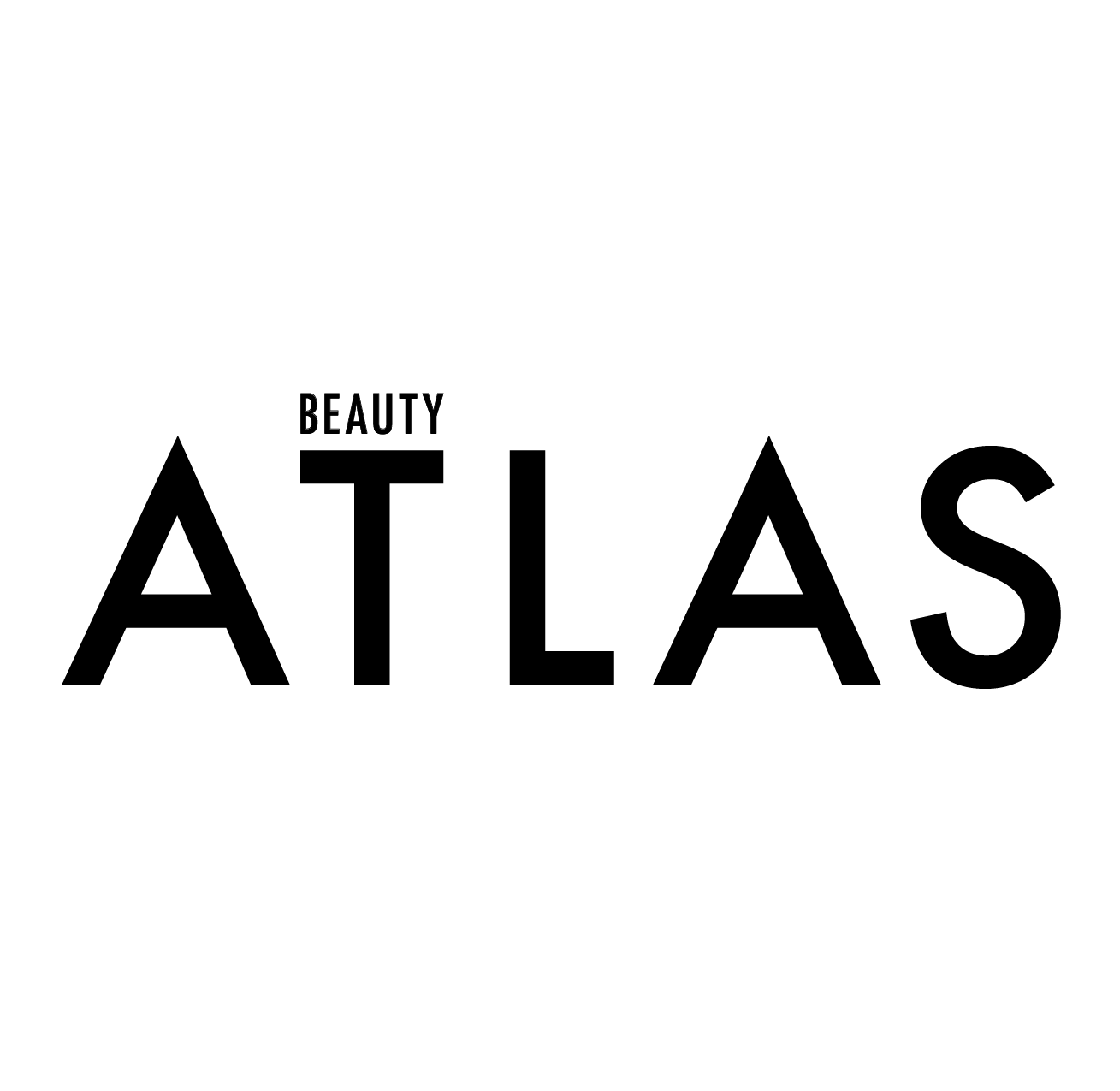Sexual Assault and Its Impact on a Victim's Perception of Beauty–a Chicago Poet Shares Her Experience
Chicago-based poet Hannah Kucharzak bares, in intimate detail, the reality of grappling with beauty after sexual assault.
Illustration: Jen Klukas
After sexual assault, the last thing a survivor has the energy to consider is their relationship with beauty. Everything seems devoid of its flavor, its color, its reason for existing. Every decision becomes about survival, as though anything will illicit pain.
In my life, I’ve been the victim of three sexual assaults. My worth has been taken from me three times over. That’s what it means to be assaulted—to have everything you loved about yourself removed from what you thought was its permanent dwelling. I quickly learned that everything I’d worked so hard to build—my identity, confidence, communication—was temporary. With every new trauma, I learn about the harm that can be done to a person, but I learn even more about the complexities of beauty.
Beauty doesn’t come easily, especially for survivors. We’re told by society that our outward beauty was what got us assaulted in the first place. We’re told that we should cover up, told that we should smile, told that the sexuality that we possess isn’t a badge of our empowerment, but rather a tool that men can use against us. We’re told that it’s our fault when what we’ve cultivated is stolen right from our bodies: the only physicality that we own.
The first time I was assaulted, I was six years old. I grew up too quickly. I became a small, quiet warrior. Beauty was something I never felt was for me. I saw women who I thought were queens, women who I knew I should aspire to be, all their makeup and wardrobes so pristine on TV. But knowing what I knew about luck and justice, I never believed that I was meant to grow into being pretty. I couldn’t look at myself naked without seeing the unfairness of my circumstance, like a map scrawled across my uncovered body.
The confidence I acquired in my teens was a direct reaction against being told that beauty wasn’t an option for me. My rebellion was thinly veiled revenge for being treated so poorly, and it inspired a version of myself that found happiness in adorning myself with love. I adored who I worked to become. I was a force. So when I was raped in my 20s, my whole narrative of self-love collapsed. I despised my body for letting this happen to me again. I felt that my confidence was what caused men to take advantage of me, that I should have been more responsible in protecting my self-worth, that I celebrated my body too publicly. My sense of beauty shattered.
“I couldn’t look at myself naked without seeing the unfairness of my circumstance.”
I cried every day. My idea of feeling comfortable with being visible in public, with allowing myself to take up space, was ruined. I stopped ornately coloring my eyes with mascara, eyeshadows, and liner due to practicality—it would run down my face with my tears when I was feeling too exposed to even leave my apartment. I couldn’t show my face anywhere, out of fear that I would see my rapist, or that someone would be able to somehow recognize that I had been raped, that they would think I deserved it. I chopped my long locks into a pixie and scrubbed out the red dye that I loved so much, not because it would be liberating, but as a punishment. My hair was part of my identity. I didn’t want to look in the mirror every day and see the woman who got raped. I wanted to see someone I didn’t know, so I took away all the things I thought were beautiful about myself. It was six-year-old me all over again, convincing me that beauty was unattainable.
It’s taken me years to shed that person. It’s taken me hospitalization, weeks of never leaving bed, and countless hours of therapy to rebuild my life, to glow brightly. I’m new shade of myself, a stronger, richer shade. I’ve dyed my hair blue, purple, pink, orange; I’ve allowed myself to play with color. I experienced an awakening through bright makeup and hair. They reflect what I’ve learned through therapy: Nothing matters except for what gives me health and happiness. And what’s happier than a bold lip and glitter eyebrows? Our bodies are what we dress up, decorate, and proudly display as trophies of where we’ve been and what we’ve seen. Our bodies are a testament to our strength. They’re a testament to the beauty of nature.
I also found beauty in community. I’ve sat in several support groups filled with women survivors whose self-worth had plummeted after assault. I found beauty in solidarity. In sharing your story even when it’s the greatest pain of your life. In speaking about the very things that society works to silence. There’s a stigma about speaking up. That it’s ugly, that it makes people uncomfortable, that no one will want to hear it. But there is such radiance and strength in vulnerability. To find your sisters, raise each other up, and shout “no” against a violent sky.
Jen Klukas’s custom illustration was selected in a contest hosted by Kucharzak on Instagram, @trixiedonna. Learn more about Klukas and page through all illustrations submitted with the gallery below.










